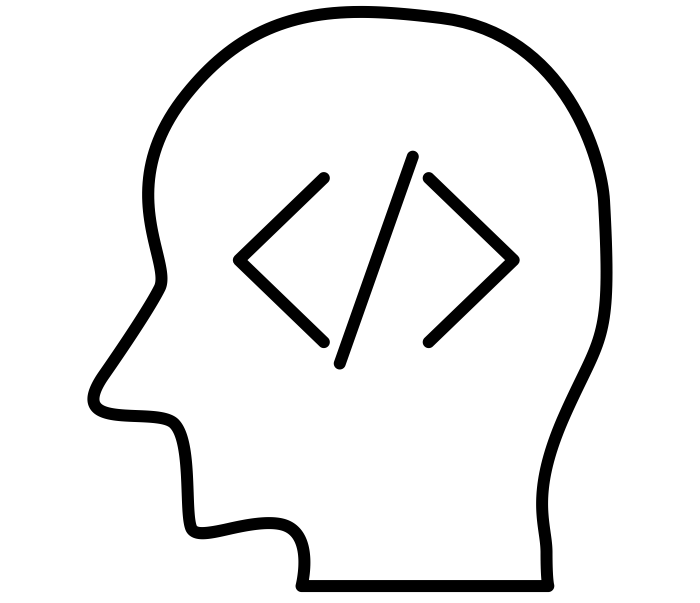Our Research
Open Digital Infrastructure projects appear to have a specific set of preconditions that sets them apart from projects at the application layer. In our previous work as funders, we found that infrastructure projects are harder to reach, assess and support. These projects often do not fit the traditional impact metrics that are requested for applications and assessed during funding periods – which can lead to a lack of resources. Since free and open source infrastructure provides the backbone of the internet and most other common information technology systems, this condition can have critical effects on society.
In our research, we will specifically address the different stages in which Open Digital Infrastructure is being shaped and created: From the technical governing bodies of the internet like IETF or ISOC to the people and projects that implement standards in Open Digital Infrastructure and those who run infrastructure services.
Thereby, we focus on the implicit development environments that influence the ecosystem of Open Digital Infrastructure: We research the underpinning dynamics and values of actors in standardization entities and the resulting workflows for implementing developers and maintainers. Our goal is to understand the role that guidelines, governance models, ideologies and social practices play in this field. We assess what specific processes and tasks in these communities and institutions need our special attention, involvement and support.
Operationalizing our learnings from the research, our purpose is to formulate recommendations on how funders, project managers and community leaders alike can make sure that critical needs for establishing and maintaining digital infrastructure will be better met in the future.
Our Team
The project team for IDE – implicit development environments consists of a group of women of various academic backgrounds who have several years of experience in the FOSS scene, supporting the development of new technologies, software and policies.
Elisa Lindinger
Elisa is a researcher and FOSS advocate based in Germany. As a funder and a community volunteer, she wants to work out how we all can best support free and open source software projects. As a hobby, she tries to convince other funders that open digital infrastructure is really important, and has a noob blog about the joys of open source software.
As a trained archaeologist, Elisa has worked at the intersection of culture and computer science for several years, both in and outside of academia. She is also the co-founder of Superrr Lab.
Katharina Meyer
Katharina is a researcher/curator and trained STS scholar based in Berlin, exploring i.a. artistic practices and knowledge production at the intersection of society and technologies. In her dayjob, she is a FOSS-Funder and promotes Public Interest Technologies. Katharina is especially interested in ontologies of technical systems, innovation environments and was a Research Fellow at the Center for Digital Cultures, Leuphana Lüneburg. She co-founded Polynocular Tech Lab, a project investigating transdisciplinary approaches in hardware& software development and with this project received a Fellowship from the Center for Advanced Internet Studies, RU Bochum. She is also an alumni of Hackademia – Empirical Studies in Computing Cultures Summerschool & Citizen Lab Summer Institute.
Julia Kloiber
Julia is the co-Founder of Superrr Lab, a research and advocacy organization, and a partner at Ashoka Germany. She develops strategies and concepts for the digital world. Julia has put her expertise in technology, design and media studies to use for the Mozilla Foundation, the Open Knowledge Foundation and The Engine Room. She has been running multiple projects that foster the reuse of open data and promote transparency – such as Germany’s first Civic Tech incubator ‘Stadt Land Code’ or Code for Germany. Before joining the ’Open Movement’, Julia used to work in political campaigning and marketing.
Our Funding
IDE is funded by the Ford Foundation in a joint call for proposals with the Sloan Foundation. We are incredibly proud to have been selected from more than 240 applicants and can now work alongside 12 other fantastic research groups.
Licensing
All content on this page is licensed under a Creative Commons Attribution 4.0 International License, if not attributed otherwise.
